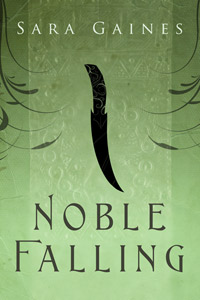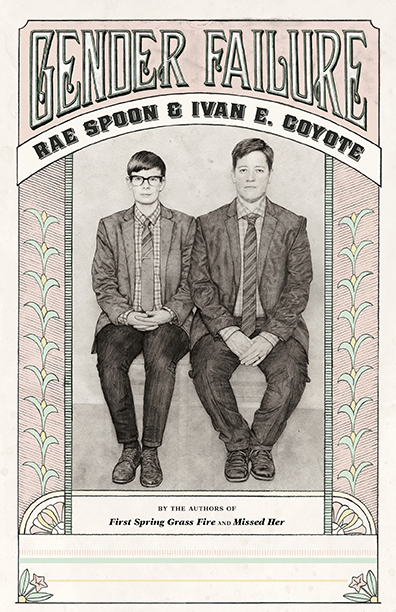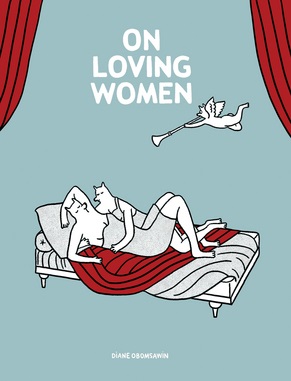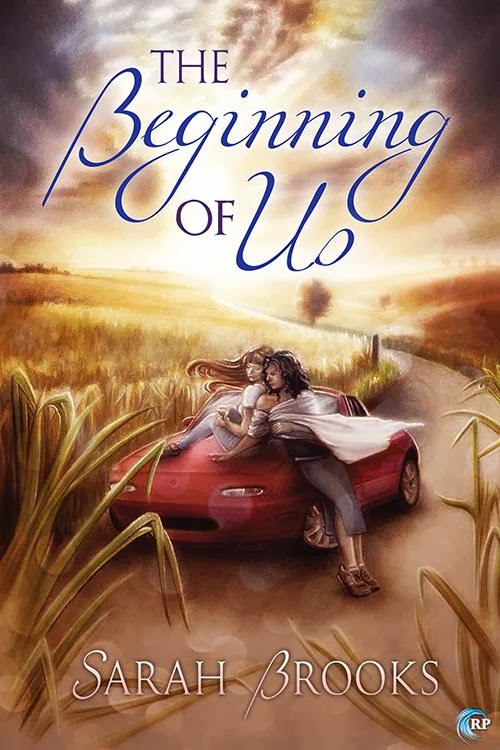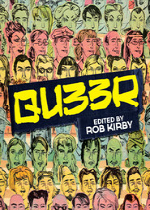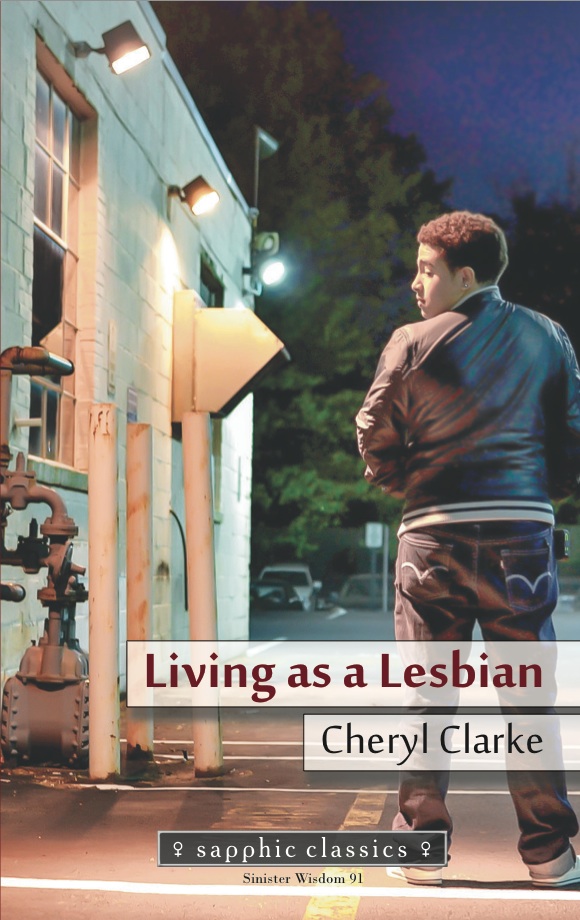I had heard a lot of praise for Dear John, I Love Jane: Women Write About Leaving Men for Women (edited by Candace Walsh and Laura Andre) by the time I finally picked it up. So, I was expecting good things. This book, however, managed to actually exceed my expectations. It was so refreshing to read an entire book filled with a different kind of coming out story. I’ve never identified with the “I’ve always known”, or the “I was a gender non-conforming kid so it figures”, or the “I fell in love with a girl when I was five” stories. It’s not that those stories aren’t valid in their own right. But they never felt representative of my experience. It turns out a lot of other women felt the same way. Dear John I Love Jane has a few pieces where I was like, oh my god, this could totally be about me. It was so amazing to read and feel like, yes, this is my kind of queerness.
There’s a huge range of different stories even within this anthology. There are women who were never really happy with men. There are women who’ve only really been attracted to one woman. There are women in this book who married men in good faith, and were completely blindsided by their later (sometimes exclusive) attraction to women. There are some women who open up their relationships with men to date women at the same time. There’s even one woman in here who stays married to her husband after coming out as a lesbian. There are women who identify as bi, lesbian, queer, and some who are uncomfortable labelling or naming their sexualities at all. Lots of the women in the book have children. There is one woman who falls in love with a woman for the first time at age sixty-nine. Sixty-nine!! This diversity of experience aside, though, the vast majority of the women whose stories were in the book are white, and I would really have liked to have seen more women of colour, as well as women from different class backgrounds.
It was awesome to see women questioning and attacking conventional understandings of sexual orientation—that model that’s built for gay men that just doesn’t seem to do a lot of LBQ women justice. One woman writes about her lack of “brazen knowledge about” her sexuality; taught that she would be sure if she was queer, she felt paralyzed because she didn’t know for certain. Another compares her newfound feelings for women as an acquired taste for fancy espresso when she used to slurp down drip coffee from a styrofoam cup without thought. Another blames Angelina Jolie’s lips. One woman admits thinking that she just wasn’t that kind of girl, until she realized she was that kind of girl, but for “andro-butchy” girls. Another recounts her mother’s reaction to her coming out as “JESUS CHRIST! I thought you were going to tell me you had cancer. I don’t give a shit if you are a lesbian.” Ha ha.
I highly, highly recommend this collection. Not only did I love the content, I thought the majority of the pieces were really well written. I think Dear John I Love Jane is especially an important read for queer women whose stories are of the “I’ve always known” variety and for folks who need to confront their biphobia (there are an unfortunate number of lesbians who need to work on this). I’ll just leave you with this last awesome quotation, from Amelia Sauter: “You won’t find me rewriting history to say that I was gay all along. I was straight. Now I am gay… I always thought I couldn’t change. I was wrong and that freaks out a lot of people who are scared to imagine that one day everything they think is true and permanent could change. I found my knight in shining armour, and she’s a girl.”



